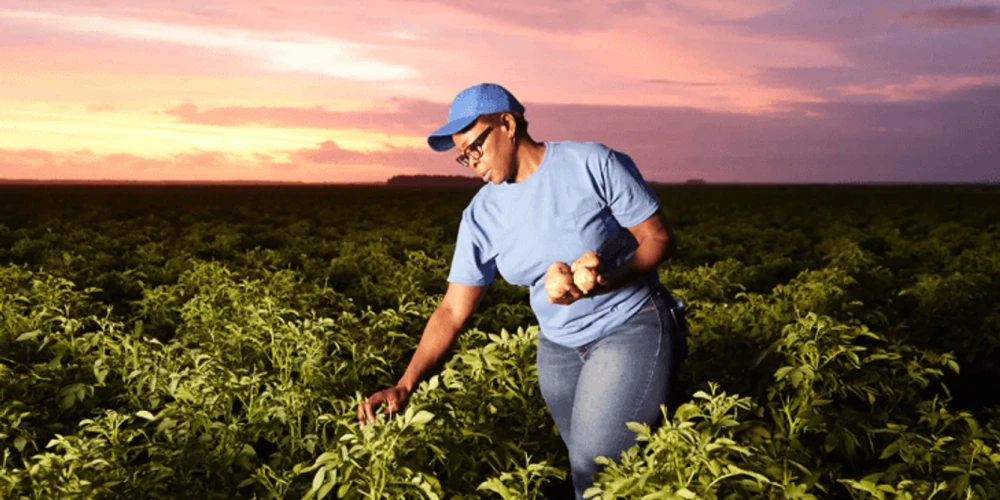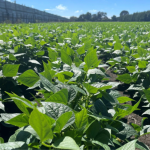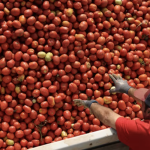PepsiCo is advancing its commitment to achieving net zero emissions by 2040 through funding and implementing regenerative agriculture practices that minimize the environmental impact of its ingredients. Globally, PepsiCo products are consumed over a billion times daily, with ingredients ranging from the sugar in a Pepsi to the chickpeas in Crispy Bacon Wotsits all requiring responsible farming.
Agriculture contributes to 21% of global food production emissions, a significant portion of the more than a quarter of global greenhouse gas (GHG) emissions from the food industry. To combat this, PepsiCo has introduced its sustainability strategy, PepsiCo Positive (pep+), with the goal of reaching net zero emissions by 2040.
PepsiCo’s pep+ strategy is built on three core pillars:
- Positive Agriculture: Sourcing crops and ingredients in ways that restore the earth and uplift farming communities.
- Positive Value Chain: Building a circular and inclusive value chain.
- Positive Choices: Encouraging people to make choices that benefit both them and the planet.
The Environmental Impact of Nitrogen in Agriculture
Nitrogen fertilizers, though revolutionary, are a significant contributor to global GHG emissions, accounting for 5% of the total. The production of ammonia for these fertilizers consumes over 1% of the world's energy annually. By adopting regenerative agriculture practices, such as improved crop and soil management, farmers can reduce their reliance on nitrogen fertilizers, mitigating their environmental impact while still producing sufficient food for the growing global population.
PepsiCo’s Commitment to Regenerative Agriculture
PepsiCo sources over 35 different crops and ingredients globally and aims to strengthen farming communities and promote regenerative agriculture by 2030. One of its key goals is to spread regenerative farming practices across seven million acres of land worldwide. Additionally, the company aims to sustainably source 100% of its key ingredients, including those from third-party growers.
In 2023, PepsiCo doubled its global regenerative farming footprint to more than 1.8 million acres. Through a partnership with AgMission, PepsiCo has allocated $6.7 million in grants to support innovative regenerative agriculture projects in Canada, Australia, and Mexico.
One project in Australia, the Cool Soil Initiative, received funding to help farmers reduce emissions by using data to improve their practices, engaging with over 300 farmers. In Mexico, a project focuses on planting new crops over harvested residue and rotating crops to maintain soil nutrients and reduce carbon emissions. In Canada, the grants are supporting cover cropping, where one crop is planted over another to replenish soil nutrients.
PepsiCo is paving the way for sustainable agriculture, fostering innovation that benefits the environment, farming communities, and the future of global food production.







